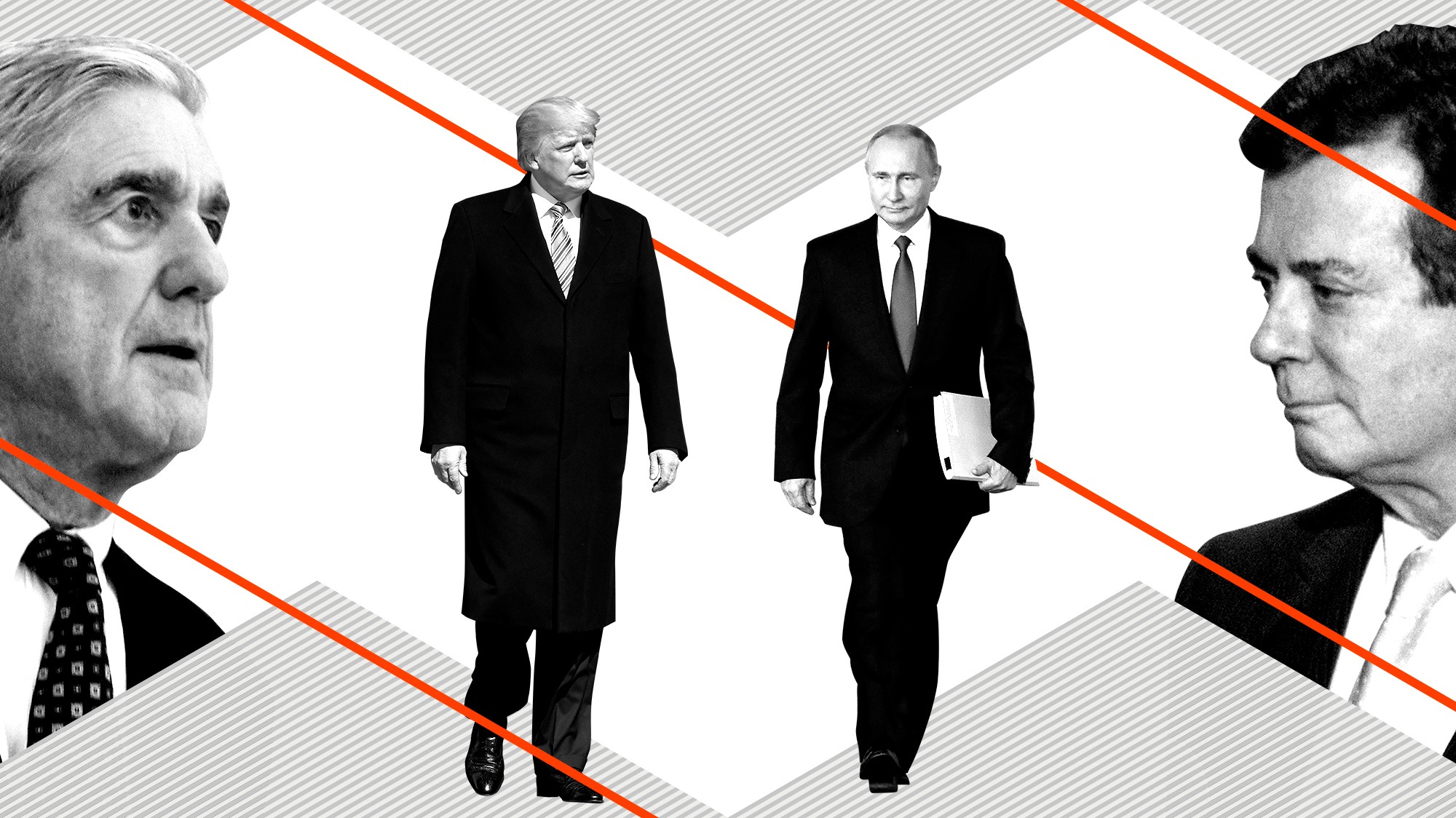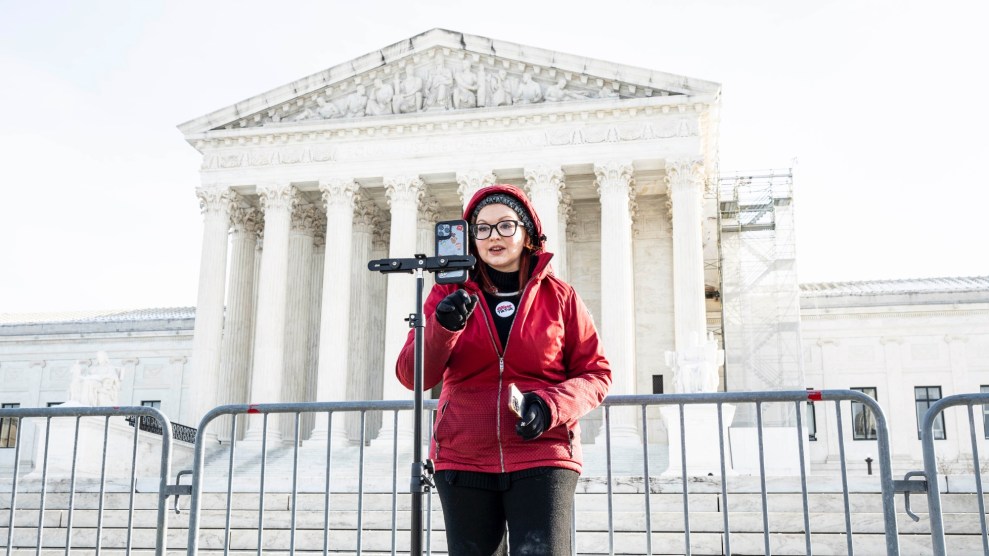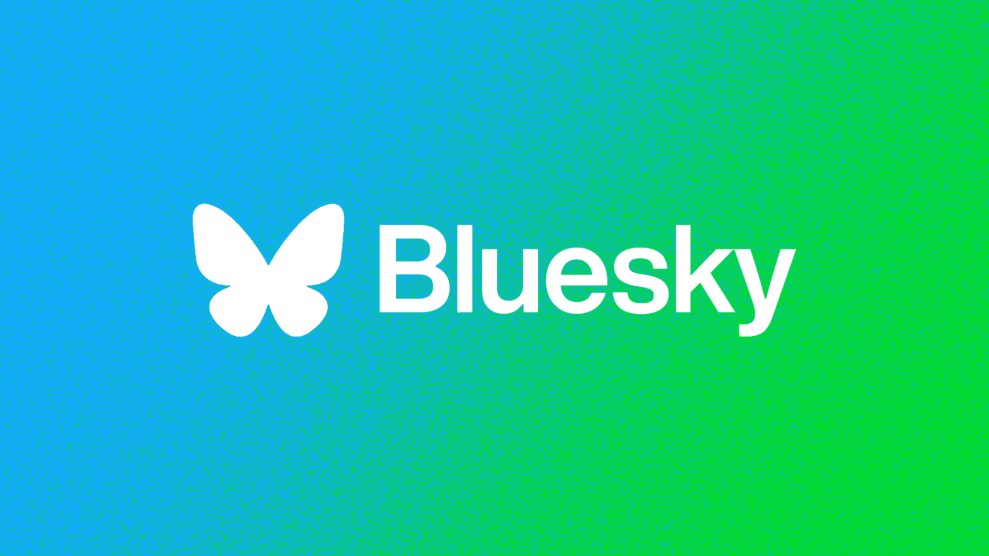Michael Cohen heading to jail. Michael Flynn narrowly avoiding a prison sentence—for now. Paul Manafort stuck in the hoosegow and still tangling with special counsel Robert Mueller. The news of the Trump-Russia scandal these days has focused on the dramatic developments for several top lieutenants in Donald Trump’s crew. (And don’t forget about Roger Stone!) But whenever there is a rush of new details about one slice or another of this controversy—or the other pending or possible cases involving the Trump Foundation, the Trump Organization, the Trump inauguration, the Trump family’s alleged tax fraud, and more—it’s important for all of us (and the media) to keep the spotlight on a central element that has already been established beyond any doubt: Trump betrayed his fellow Americans.
This Big Story often gets lost in the details and the ever-unfolding developments. Naturally, Trump’s alleged role in the campaign finance crimes committed by Cohen has drawn much coverage. (Federal prosecutors stated that Cohen broke the law “at the direction” of Trump: arranging hush-money payments to a porn star and a Playboy model who each alleged a sexual relationship with the president.) And the allegations of the Trump Foundation’s illegal activities certainly deserve plenty of headlines. But for more than two years, Trump has kept the paramount point of the Trump-Russia controversy—Trump’s own perfidy—from being the main theme of the narrative.
Trump has screamed “No collusion,” shrieked “Witch hunt,” and screeched “Hoax.” He has denied and lied. He has strived to make the public believe that the fundamental question is whether he directly conspired with Vladimir Putin to hack Democratic targets and disseminate the stolen material—contending that anything short of that is no big deal. And he and his minions have cooked up multiple conspiratorial distractions, ridiculously insisting Trump has been the victim of a Deep State plot.
And though recent polling shows most of the public believes the president has been dishonest about the Trump-Russia investigation, he has succeeded to an extent. Given the power of Trump’s ultra-bully pulpit, he has been able to win attention for his diversions, no matter how absurd (“Obama wiretapped me!!!”). His chaff-throwing has prevented core truths of the scandal from shining through, with a big assist from Fox News and “alternative facts” disinformation. Trump and his conservative handmaids in politics and right-wing media have done everything they can to prevent a clear-eyed reckoning with what happened in 2016.
Yet recent events make Trump’s already obvious treachery even more obvious. And it’s necessary for journalists and citizens to make sure this can be discerned through the dust Trump kicks up daily.
We now interrupt this article for a pitch: If you’re reading this, I know you value the kind of journalism that pays attention to both the daily revelations and the overarching big picture. That’s what the Mother Jones Washington bureau and I are focused on every day. We deliver the scoops and we cover what they mean, and we can do this only because we receive support from readers like you. (Yes, I’m talking dollars.) Your end-of-year donation will make it possible for us to keep digging and muckraking in 2019. Please send us a few bucks—or more—and help us do the hard-hitting, independent journalism that is so necessary these days. Now, back to the article. —D.C.
Let’s step back for a moment and look at the big picture. In late November, Cohen, Trump’s onetime lawyer and (lousy) fixer, pleaded guilty to lying to Congress. His lie, Cohen admitted, was designed to help Trump cover up what amounts to a tremendous scandal in its own right: the secret business deal in Moscow that Trump tried to pull off while campaigning for president. After word of this deal emerged last year, Cohen told congressional investigators that Trump’s efforts in Moscow had ended in early 2016 (before the bulk of the Republican primaries) and that there had been no contact between Trump’s company and the Russian government regarding the project (though Cohen said he’d tried but failed to reach Putin’s office to discuss the venture).
All this was false. The efforts to cut a deal continued until at least June 2016—all the way through the GOP primaries—and Cohen did speak with an aide in Putin’s office about the project. Cohen’s plea highlighted one of Trump’s grandest deceits of 2016: Throughout the campaign, Trump insisted he had no connections to Russia. And after the election, he said he had “stayed away” from the country.
The exact opposite was true. While Trump had pitched himself to voters as an America First candidate who sincerely held positive sentiments regarding Putin, he had pursued a deal in Russia that could have reaped him hundreds of millions of dollars. And he had not shared this salient fact with the public. Nor had he shared that Cohen, on his behalf, had asked Putin’s office for help. Needless to say, Trump could not have moved ahead with a major endeavor in Moscow if he had been talking tough about the Kremlin. He was thoroughly compromised as a candidate and hid that from the public during the campaign.
In a non-Trumpified world, revelations of this behind-the-scenes scheming for profit would have set off an enormous political earthquake. After all, this was the most significant conflict of interest in modern American campaign history.
But Trump has changed the rules of what counts as a political scandal. And when the Washington Post revealed details of the project in the summer of 2017, no firestorm ensued. After the first splash, most of the media world moved on, and Republicans in Congress barely took notice.
Cohen’s plea last month brought attention back to this secret project—which could well be called an act of collusion between Trump’s company and Putin’s office. Still, the full significance of Trump’s deception of the American public has not sufficiently registered. (Has a single Republican leader said boo about it? None that I have noticed.)
This episode is a reminder that other proven acts of Trump deceitfulness have not become the dominant and widely-accepted storylines of the Russia affair. For example, the infamous Trump Tower meeting in June 2016, when Donald Trump Jr., Paul Manafort, and Jared Kushner sat down with a Russian emissary to get dirt on Hillary Clinton. The Trumpsters all say that nothing of use came out of this meeting. But its true import was established before it even occurred: Simply by taking the meeting—which had been described to Trump aides as part of a covert Russian effort to help them win—the Trump camp signaled to the Kremlin that it was fine with a clandestine Moscow scheme to assist Trump, and was willing to secretly collaborate with it.
Pause on that for a moment. An American presidential campaign indicated to the Kremlin it would happily conspire with the Russians on secret dirty tricks.
In the weeks after the Trump Tower meeting—as the Russian hack attack became public and the swiped Democratic National Committee emails were dumped to harm Clinton’s campaign—Trump and his team (including senior advisers who had been at that meeting) had the gall to deny Russia was intervening in the election. They lied and lied, amplifying the Russian disinformation that Moscow was not behind the hacks.
For his part, Trump even called on Russian hackers to target Clinton. And after he received a private intelligence briefing in mid-August 2016 that included the intelligence community’s preliminary assessment that Putin was interfering in the election, Trump publicly and continuously claimed that talk of a Russian assault on US democracy was bunk. And he kept on with this after the Obama administration publicly stated Moscow was the culprit. Trump’s remarks could well have been taken by the Kremlin as a sign that the Trump gang was not concerned or upset about Russian intervention in the US election. (Earlier this month, Dan Friedman and I reported in Mother Jones that two associates of Michael Flynn, Trump’s top national security campaign aide, say Flynn has said he communicated with Russian Ambassador Sergey Kislyak during the campaign and discussed how Trump could work productively with Russia if he won—conversations that also would have sent Moscow the message that Trump was willing to do business regardless of Putin’s assault on the election.)
Let’s recap:
- Trump, while campaigning for president, had a secret deal in Russia for which his attorney sought Putin’s help. Trump lied to the public about this.
- Trump’s campaign was informed that Moscow intended to intervene to help Trump. It said nothing about this information, essentially encouraged the Kremlin, and denied Moscow’s involvement once the Russian hack-and-dump attack became publicly known.
- Trump, after being told the Kremlin was attempting to subvert an American election, claimed no such thing was happening. He covered for Putin.
Trump aided and abetted Russia’s secret war on the United States—a war that helped shape the outcome of a narrowly decided presidential election. This is all known, and indisputable—except that these days, anything will be disputed by Trump and his followers. Even if Trump’s disputations are demonstrable lies—“I have nothing to do with Russia”—they still color and cloud the ongoing public discourse about what happened in 2016. They have prompted his supporters and his GOP comrades to reject or ignore the powerful truth of Trump’s profound betrayal, portraying it as just another debatable point in the grand chaos of the Trump years.
This holiday season, though, the truth is crashing down on several of the president’s men (and one female Russian operative). And Trump’s multiple lies about the hush-money payments have been highlighted, with Trump himself practically branded an unindicted co-conspirator.
As the nation heads toward the third year of the Trump-Russia scandal and the investigations get tougher to track, we must keep in mind the already-known essential fact: The man in the White House engaged in the most consequential political skullduggery in US history. That’s the sad truth—and it is a damn shame that journalists, elected officials, and citizens have to fight every day to keep it front and center in Trump’s multi-ring circus.
Thanks for reading the above. Here’s my big wrap-it-up pitch: So what’s going to happen? We all want to know, but as someone who covers this story daily, I can tell you that anyone who claims they know is wrong. The outcome of the Mueller investigation remains uncertain. The House Democrats will fire up their own sleuthing in January. And other investigations are underway or likely to start.
What I do know is that the Mother Jones DC team and I will keep concentrating on the essential facts of these Trump scandals and their enormous implications. We will continue to dig deep into Trump’s lies, his conflicts of interest, and his shady lieutenants—because the more we know about all this, the more the Big Story becomes harder to deny.
Talking about what it takes to do this kind of journalism—that is, the money—doesn’t come naturally to me. But I am going to do it because this, too, is a fundamental truth: We can only do this work if supporters like you have our back. That’s not BS; it’s the bottom line. (Just ask our accountants!) So if you treasure Mother Jones‘ kickass journalism, please help us reach our $400,000 goal by December 31 with a year-end donation. We have a lot of work to do in 2019, and it would be great if you could be part of our team and help us do it. Many thanks. —D.C.
Image credits: Olivier Douliery/CNP/ZUMA; Mikhail Klimentyev, Sputnik, Kremlin Pool/AP; Ting Shen/Xinhua/ZUMA; Bill Clark/CQ/ZUMA
















